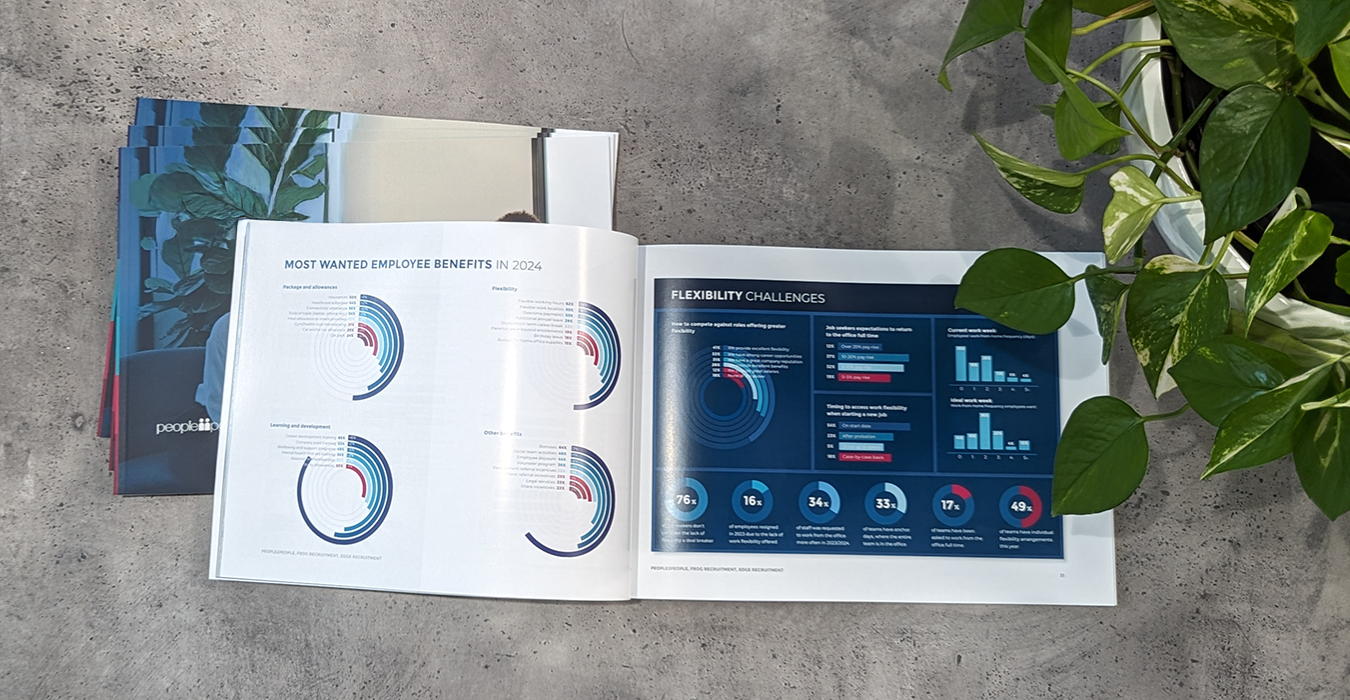Cloud Architect Guide - Hire or get hired
Your complete guide to the Cloud Architect Role: Duties, salary & hiring tips
Purpose of the Cloud Architect
Cloud Architect's duties and responsibilities
Develop cloud infrastructure designs across AWS, Azure, or GCP.
• Security & Compliance:
Ensure cloud environments meet security and regulatory requirements.
• Migration:
Lead cloud migration and modernisation initiatives.
• Optimization:
Improve performance, scalability, and cost-efficiency of cloud platforms.
• Collaboration:
Work with developers, DevOps, and IT teams to align cloud solutions.
Requirements and qualifications for a Cloud Architect
• Certifications in AWS, Azure, or GCP preferred
• Strong understanding of cloud security and automation
• Experience in hybrid and multi-cloud environments
• Excellent problem-solving and technical leadership skills
Looking to hire a CFO or looking for a CFO role?
Submit your resume or request talent now and our expert recruiters will be with you shortly. people2people recruitment can assist you with your CFO staffing needs.
Recent jobs in Technology
Retaining staff was accounting leaders #1 challenge in 2022
Qualified roles were the most difficult to fill for accounting leaders in 2022
Hired temporary or contract staff in 2022 to fill an immediate need
Technology Market Update
AI continues to reshape workforce priorities, with 47% of businesses seeking candidates with at least a base-level understanding of AI. Key skills growing in importance include automation and IT process orchestration (63%), continuous learning in AI (45%), and cybersecurity using AI-driven threat detection (37%). Cybersecurity, upskilling, and AI and machine learning are now the top three business priorities, each cited by over 50% of companies.
Contractor usage has remained relatively stable, with 81% of companies expecting no change in 2025, and nearly half keeping contractor levels under 10%. The shift towards AI, automation, and cybersecurity signals an evolving skills landscape, requiring businesses to balance permanent hires with specialised expertise to stay competitive.



